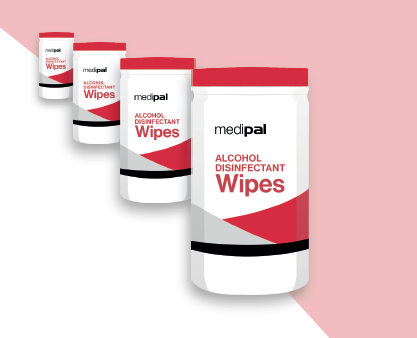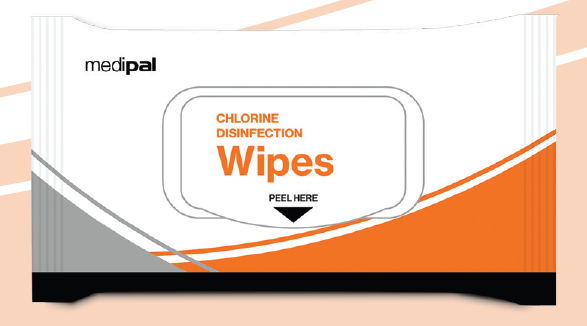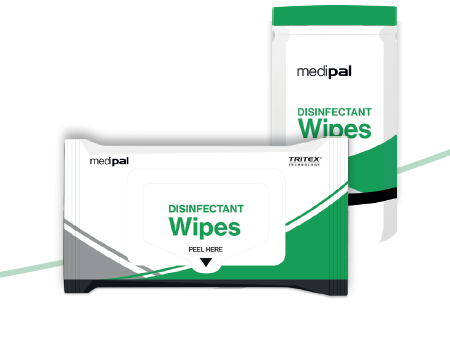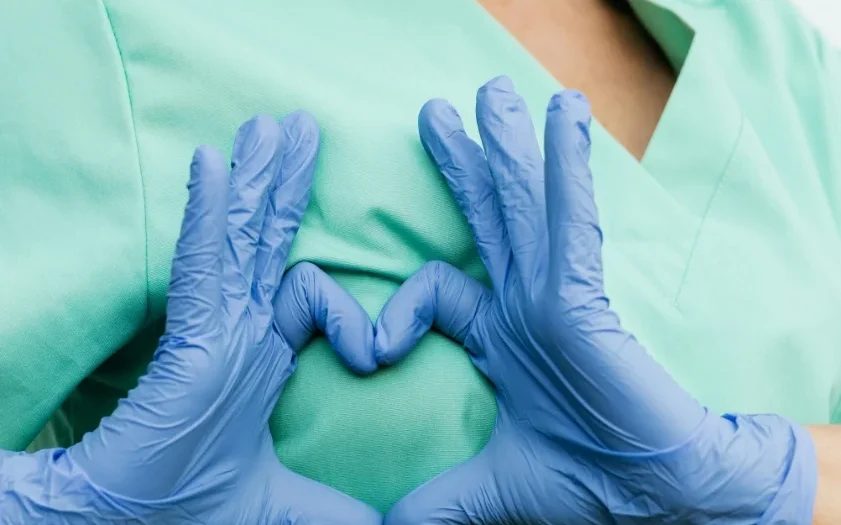At Pal International, we are committed to supporting our partners with vital educational resources that promote infection prevention and public health awareness. One of the most severe bacterial infections though rare is necrotizing fasciitis, often referred to in the media as a “flesh-eating disease.”
This fast-moving infection can be life-threatening without rapid diagnosis and treatment, and we’ve created a dedicated educational poster now available on our website to help raise awareness.
What is Necrotizing Fasciitis?
Necrotizing fasciitis is a rapidly progressing bacterial infection that destroys soft tissue beneath the skin. It spreads quickly, often requiring immediate surgical intervention and intravenous antibiotics. While it is not highly contagious, early recognition and treatment are crucial and can be life-saving.
Causes and Risk Factors
The infection is most commonly caused by Group A Streptococcus, but can also involve bacteria such as Staphylococcus aureus, Clostridium, E. coli, and Klebsiella.
It typically enters the body through breaks in the skin, including cuts, insect bites, surgical wounds, or even blunt trauma.
Those most at risk include:
- Individuals with weakened immune systems
- People with chronic illnesses (e.g. diabetes, cancer)
- IV drug users
- Recent surgery patients or those with open wounds
- Elderly individuals
- Anyone with skin injuries exposed to contaminated water
Recognising the Symptoms
Early symptoms can resemble less serious infections, making awareness critical. Symptoms may include:
- Sudden pain or tenderness in an area of skin
- Swelling and redness that spreads quickly
- Fever, chills, and fatigue
- Skin discoloration (purple or black)
- Blisters, ulcers, or oozing at the site
- A rapid decline in overall health
Without treatment, the condition can lead to sepsis, organ failure, limb amputation, and even death. The mortality rate is estimated at 20% to 30%, and higher if treatment is delayed.
Prevention Tips
While necrotizing fasciitis is rare affecting approximately 4 in every 1 million people annually in the UK basic hygiene and wound care are essential:
- Clean all wounds thoroughly and monitor for signs of infection
- Seek immediate medical care for rapidly spreading redness, swelling, or pain
- Avoid hot tubs, swimming pools, and natural bodies of water if you have open wounds
- Manage chronic conditions to reduce vulnerability
- Practise proper hygiene and wound care
- Ensure environmental disinfection to reduce the risk of pathogen exposure through skin breaks
How Medipal Products Support Infection Control
Pal International’s Medipal Disinfectant Wipes and Medipal Chlorine Disinfectant Wipes are tested against a broad spectrum of pathogens, offering a reliable solution for infection control in healthcare and clinical environments. Regular environmental disinfection can help reduce the risk of exposure to harmful bacteria.







